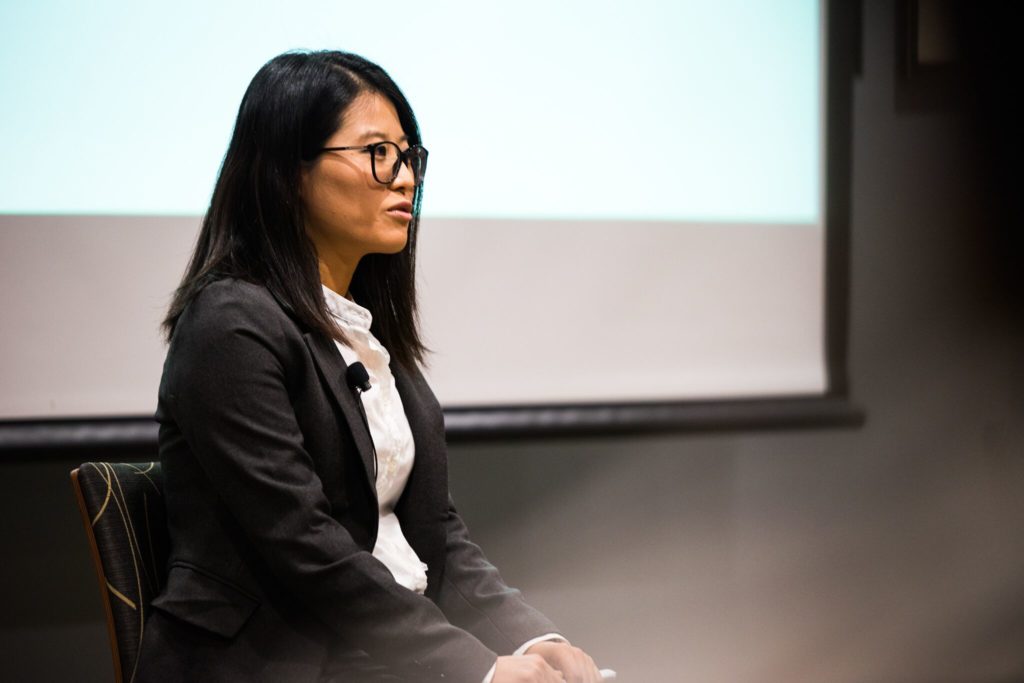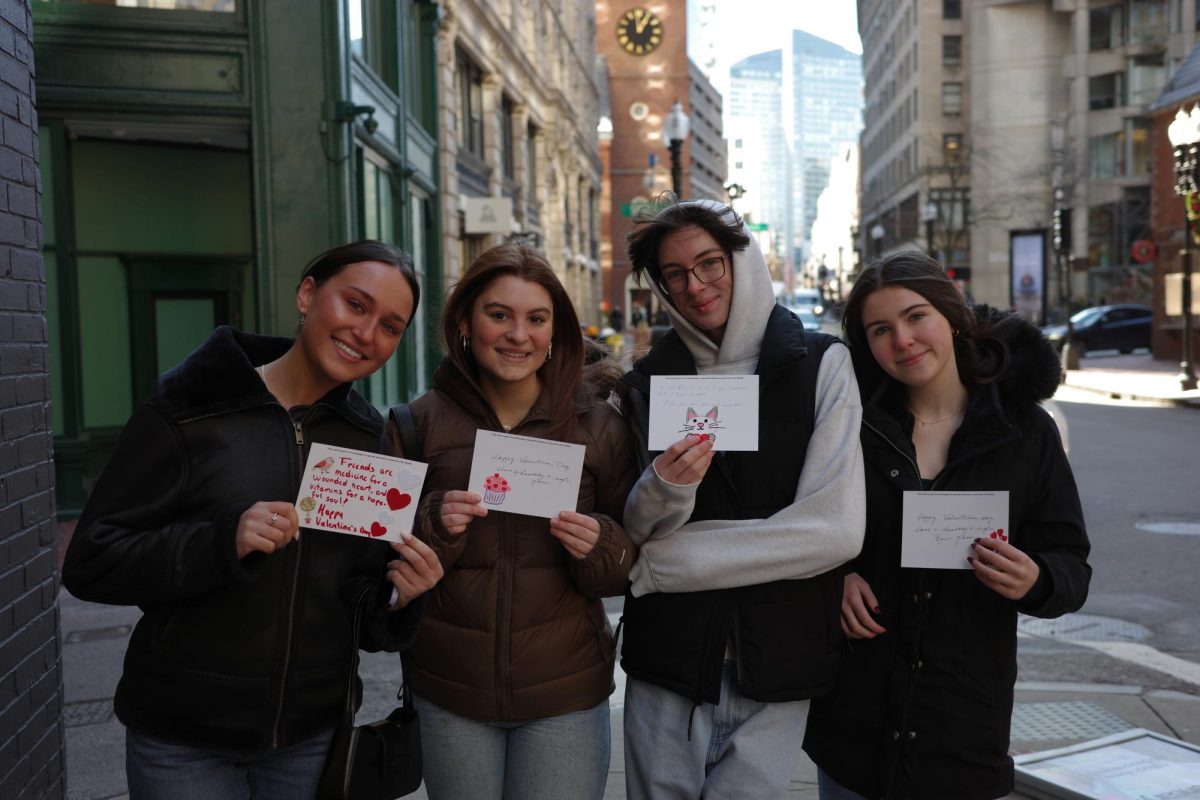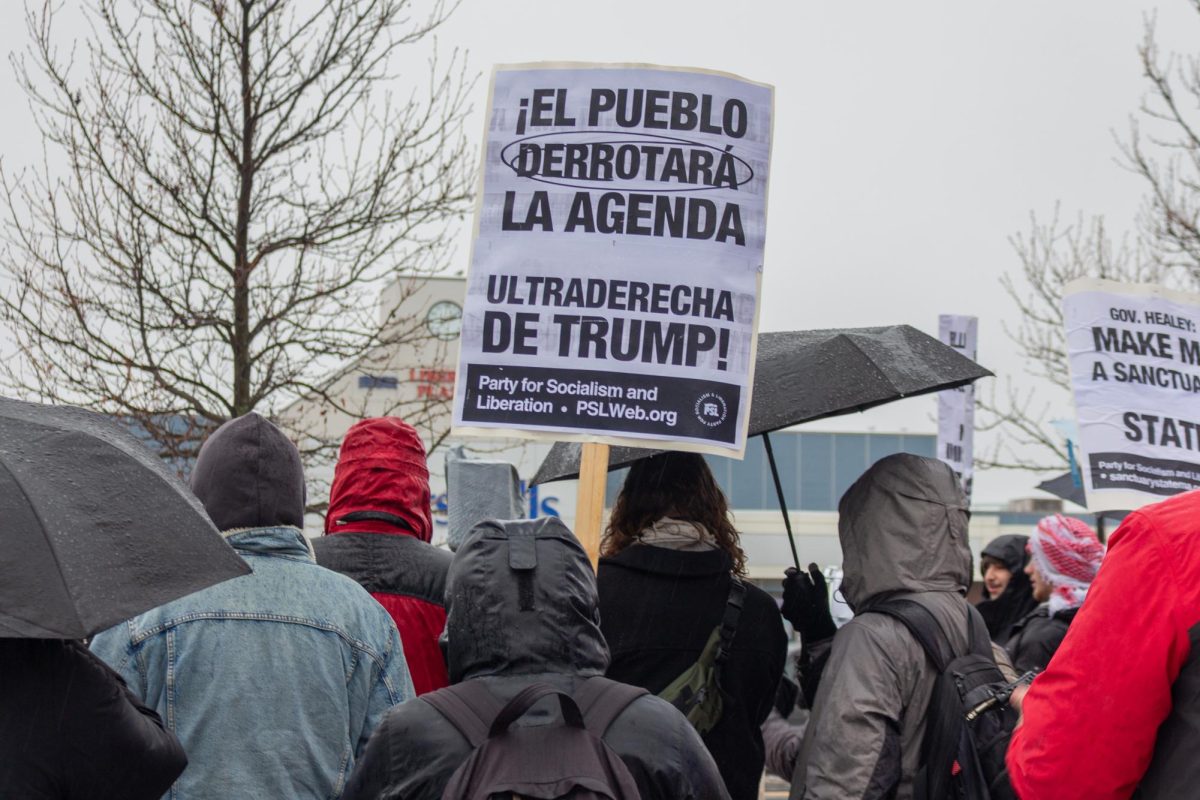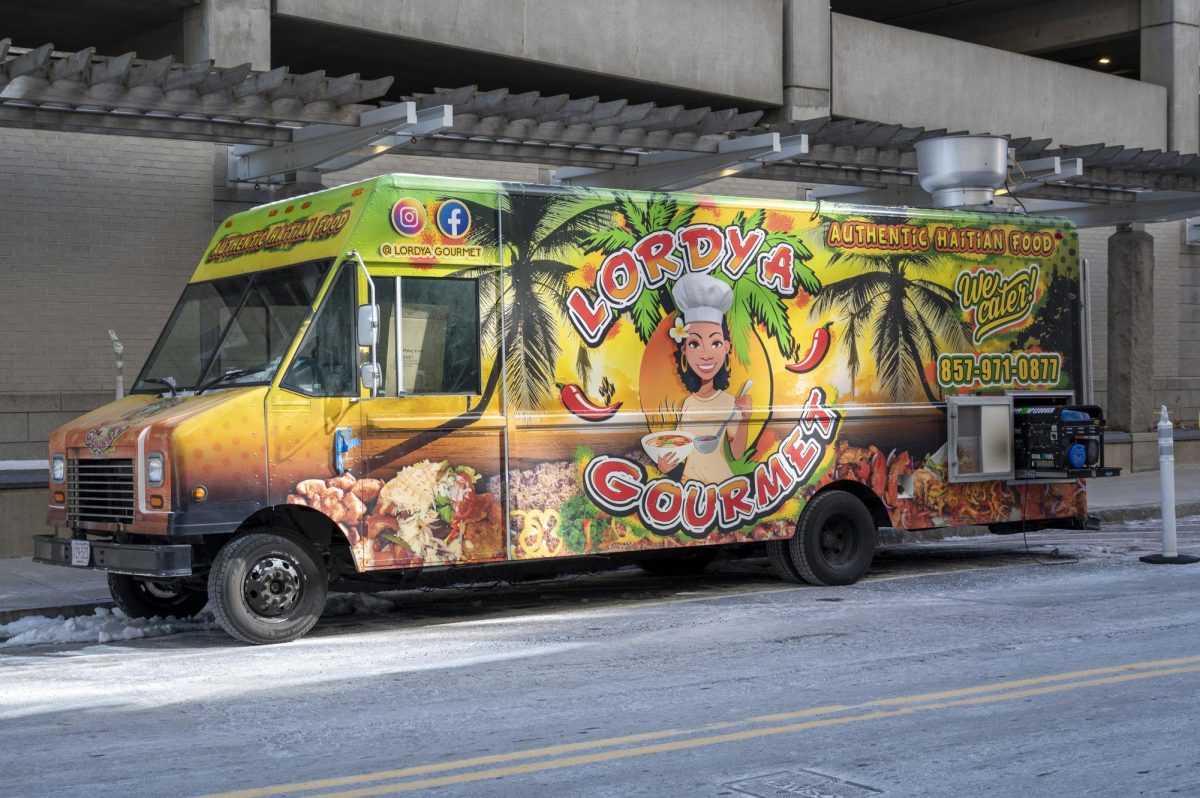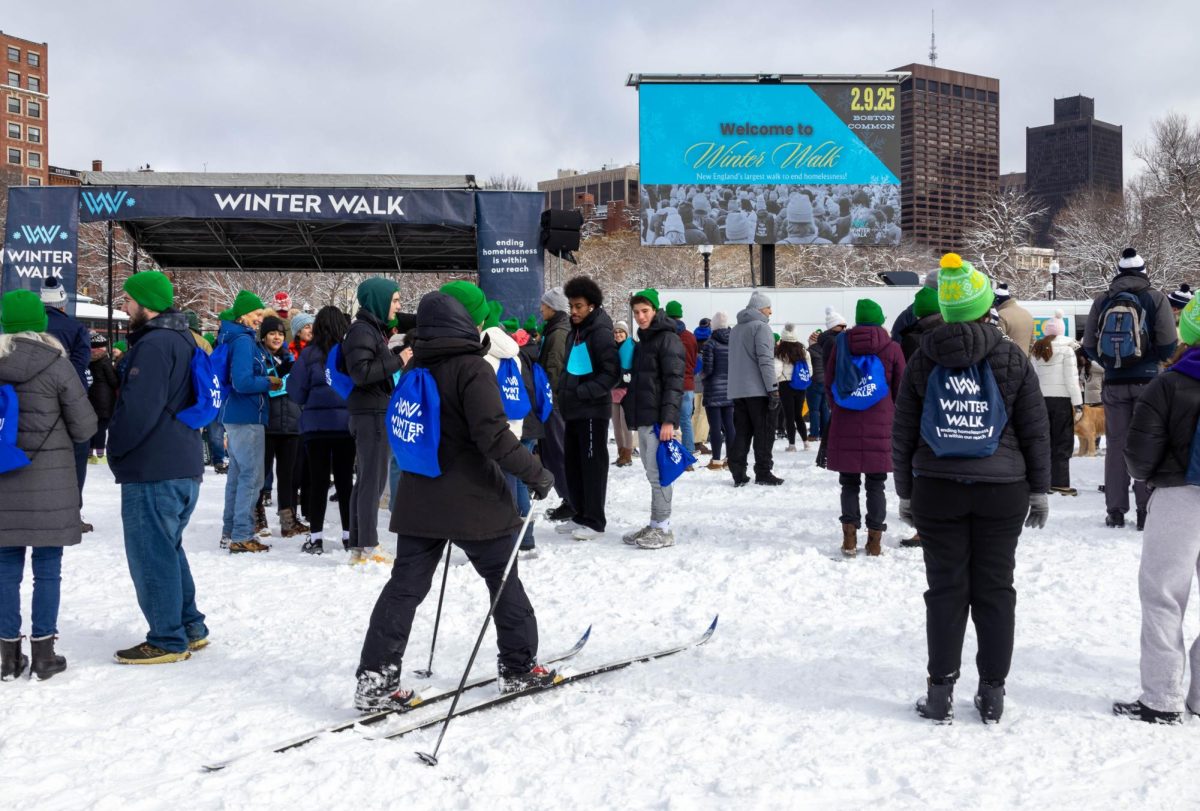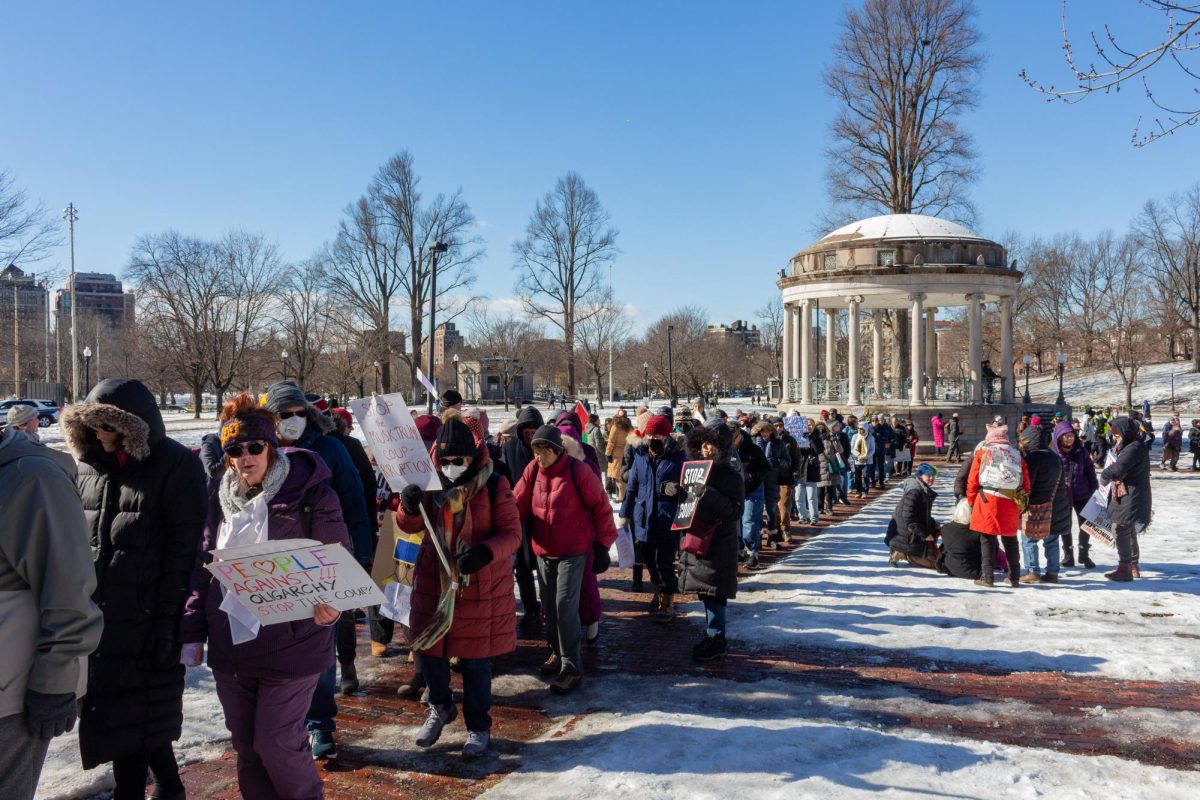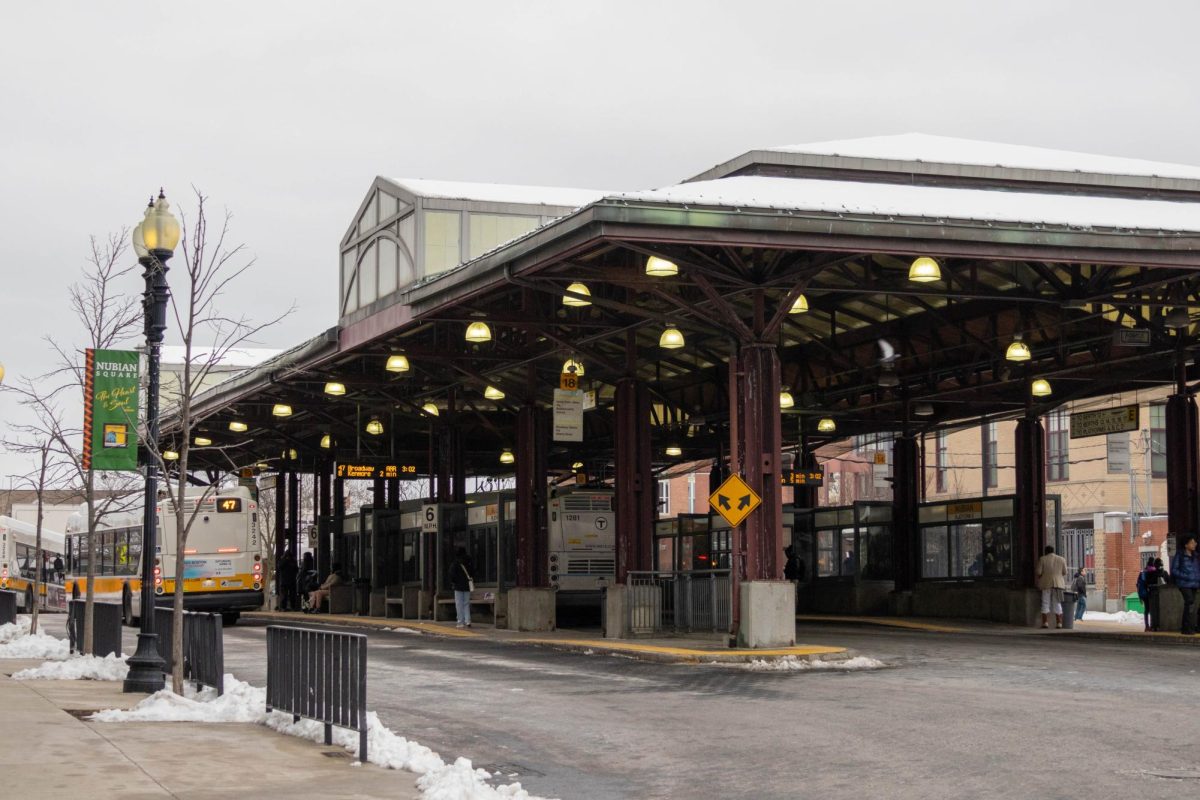By Mridhu Khanna, news correspondent
A North Korean defector spoke Saturday about the hardships, horrors and trials she and her family endured trying to escape the country over the course of a decade. At a cultural event at Harvard University, song and dance were presented alongside a discussion with Grace Jo in a night illuminating a globally relevant topic as tensions mount between the United States and North Korea.
The event was facilitated by Andrew Hong, president of the non-profit Emancipate North Koreans, or ENoK. ENoK is based out of Chicago and runs a program called Empower House to assist young refugees in their transition to life in the United States, serving as both a shelter and educational center.
“Their main focus is educating young North Korean defectors to prepare them to go to college and trying to prepare them to become leaders,” said Jo, who is a former resident of Empower House.
The North Korean Study Group hosted the event, called “Voices of North Korean Refugees,” to raise awareness about a similar refugee housing program that ENoK is bringing to the Boston area.
Jo revealed her grandmother’s dying wish was to eat a baked potato. Her father was tortured for fleeing the country in search of food. Her oldest sister is still missing.
“Most of [the] days we were starving, cold, hungry and [scared],” Jo said. “I remember I had to eat boiled mice soup for nutrition.”
Only three out of the eight members of her family survived in North Korea. After Jo’s mother lost her husband, mother and four children, she fled with Jo and her sister to China. Over the following 10 years, they were sent back to North Korea twice. Jo recalled a 13-month jail sentence, speaking of the torture her mother endured while they lived among prisoners and other defectors
Finally, with the help of a Korean-American pastor and the United Nations Refugee Agency, they were able to move to the United States as recognized refugees.
“Even after I [came] to America I didn’t actually realize what freedom [was],” Jo said. “But the moment I could go to other states freely, or take a plane and meet other people from other states it [felt] like I’m traveling…it’s a big country and I can travel if I want and I can go anywhere.”
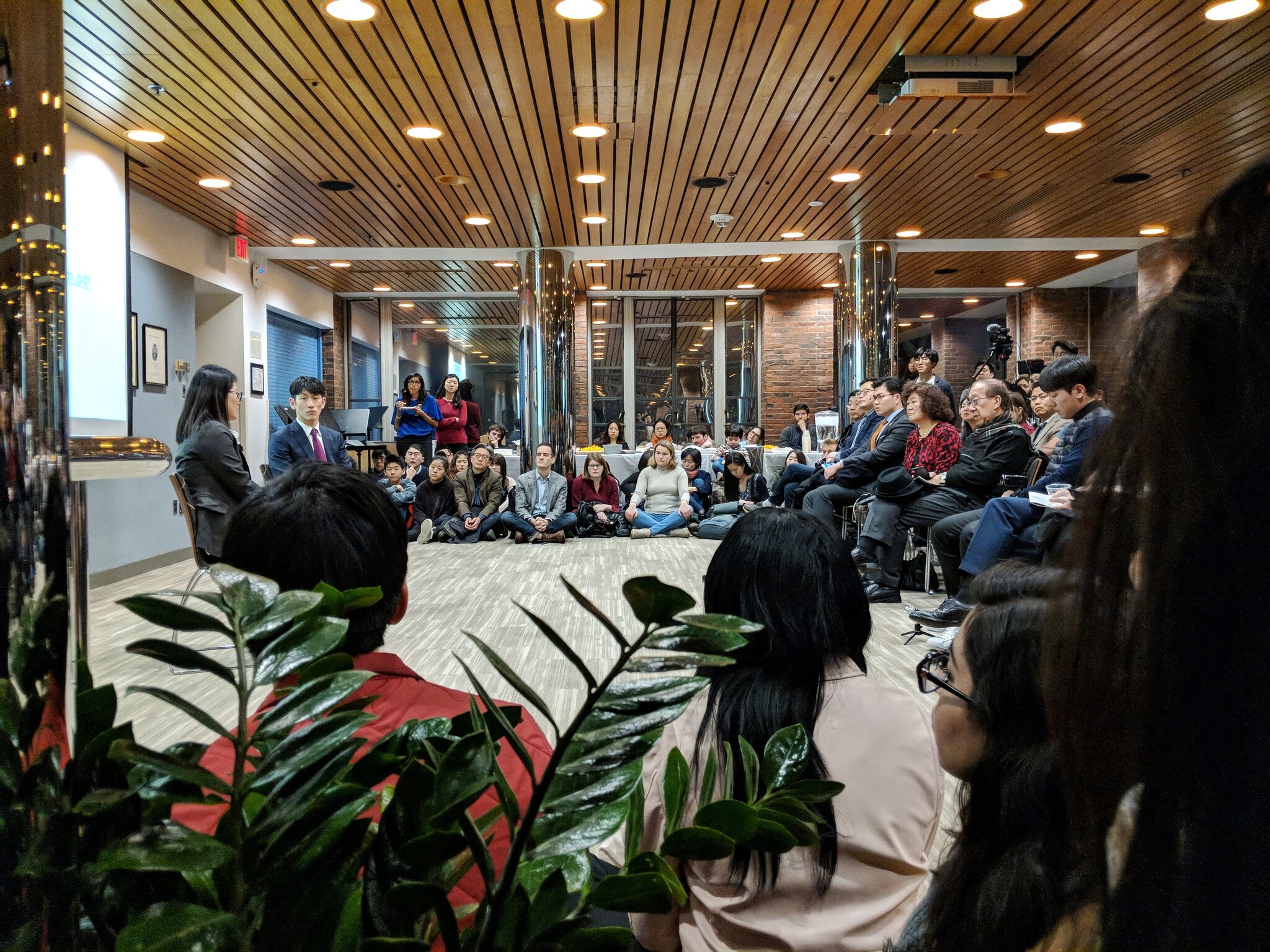
Jo also spoke about her role as vice president of North Korean Refugees in the United States. Their three-part mission involves raising awareness about human rights abuses in North Korea, rescuing defectors and resettling refugees who make it to the United States
Following Jo’s remarks was a dance ensemble titled “Home, Sweet Home.” The performance depicted the “separation, suffering and hardships” of the Korean people as a whole. Flora Hyoin Kim, the choreographer and one of the dancers, spoke about her inspiration for the dance.
“We are sisters and are family,” Kim said, holding back tears. “But we don’t have a place we can call home.”
The performance was her interpretation of a broken and lonely relationship between countries, but the finale consisted of two dancers dressed in flowing white gowns, dancing as united sisters. Kim said she wanted the end to be a message of hope, the unification of a torn family.
The cultural segment concluded with performances of both traditional and contemporary Korean music. “Lux Aeterna,” a piece commissioned specially for the event, was influenced by the same longing for hope as the dance, said William Joo, the violinist of the ensemble.
“The piece is inspired by a journey toward light, a glimmer of hope,” Joo said.
While the goal of the event was to raise awareness about ENoK’s work with refugees, Jo spoke about the importance of showcasing Korean culture.
“I think culture is a very beautiful thing,” Jo said. “It doesn’t matter if it’s North Korea or South Korea or the U.S. The cultural beauty, we can share that even if we don’t know the language.”



